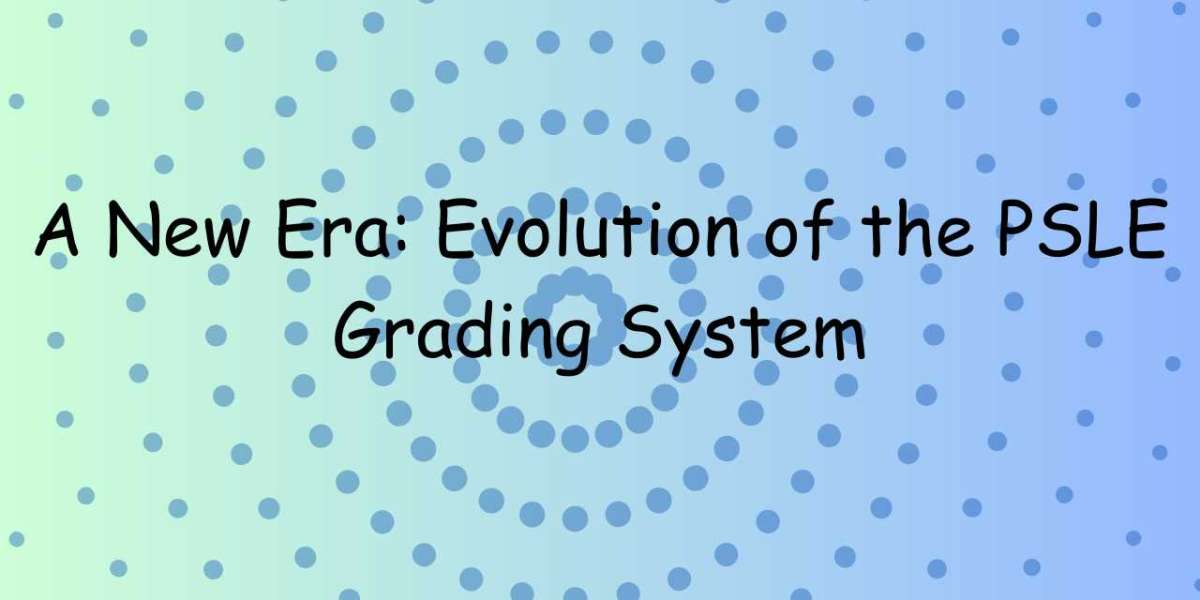Singapore's education system has long been recognized for its excellence and continuous efforts to adapt to the evolving needs of students and society. One of the most significant recent changes in Singapore's education landscape is the transformation of the Primary School Leaving Examination (PSLE) grading system. This article explores the evolution of the PSLE grading system, its goals, and the potential impact it may have on students and the education system.
The Traditional PSLE Grading System
For many years, the PSLE grading system relied on a numerical scoring system, known as the T-score. Students were ranked based on their T-scores, which were calculated relative to their peers. The system had several notable features:
- High Stakes: The T-score system was associated with high stakes, leading to intense competition among students, parents, and schools.
- Emphasis on Academic Excellence: The focus on a single aggregate score tended to prioritize academic excellence over holistic development.
- Stress and Anxiety: The pressure to achieve a high T-score resulted in stress and anxiety for many students, impacting their well-being.
- Limited Subject Mastery: The system provided limited information about a student's mastery of individual subjects.
- Homogenization: Critics argued that the system homogenized students, leaving little room for the development of unique talents and interests.
The New PSLE Grading System
In response to these challenges, Singapore has introduced a revamped PSLE grading system, which is set to be implemented in the coming years. Key features of the new system include:
- Achievement Levels (ALs): Instead of numerical T-scores, students will receive Achievement Levels (ALs) for each subject. There will be eight ALs, with AL1 being the highest and AL8 the lowest.
- Individual Subject Mastery: The new system assesses a student's mastery of each subject individually, allowing for a more nuanced evaluation.
- Reduction of Competition: The new system aims to reduce the intense competition by eliminating the need for students to compete against one another for a higher aggregate score.
- Focus on Holistic Development: The shift towards individual subject mastery encourages students to explore and excel in subjects they are passionate about, fostering holistic development.
- Secondary School Posting (S1 Posting): Students will be posted to secondary schools based on their overall AL scores, calculated by summing the ALs of their subjects.
Potential Benefits and Concerns
The new PSLE grading system brings several potential benefits:
- Reduced Stress: By eliminating competition and the pressure to achieve a high aggregate score, the new system aims to reduce stress and anxiety among students.
- Holistic Development: Students can focus on mastering subject matter rather than chasing higher aggregate scores, allowing for more well-rounded education.
- Individualized Learning: The system acknowledges and rewards individual subject mastery, allowing students to excel in their areas of interest.
- Comprehensive Evaluation: Secondary school posting based on AL scores provides a more comprehensive evaluation of a student's abilities and interests.
However, there are concerns, including:
- Implementation Challenges: The transition to the new grading system will require careful planning and resources to ensure a smooth shift for students, parents, and educators.
- Potential Overemphasis on Grades: Despite the intent, there may still be pressure from parents and students to achieve high ALs in individual subjects.
- Balancing Act: Striking the right balance between encouraging holistic development and maintaining academic rigor may prove challenging.
Conclusion
The evolution of the PSLE grading system marks a significant step forward in Singapore's education system. The move away from the traditional T-score system toward Achievement Levels reflects a commitment to reducing stress, promoting holistic development, and fostering a more well-rounded education.
As the psle new scoring system is gradually implemented, its impact on students and the overall education system will become clearer. The hope is that this evolution will not only improve the well-being of students but also nurture a generation of learners who are passionate about their subjects and well-prepared for the challenges of the future.








